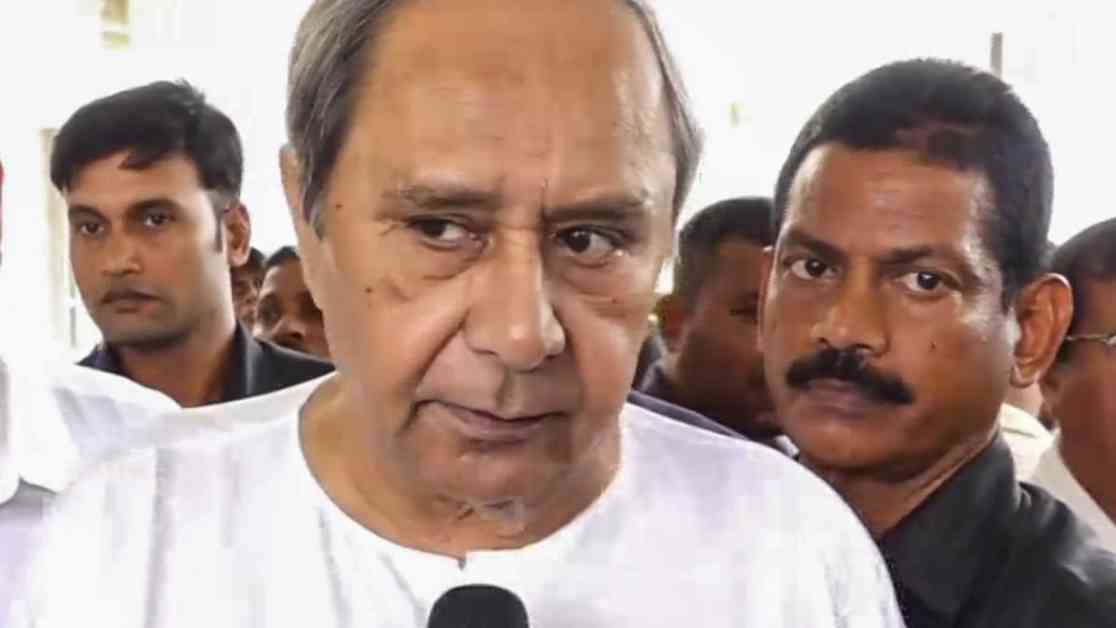The Biju Janata Dal (BJD) has recently taken a strong stand against key policies of the Bharatiya Janata Party (BJP), marking a shift in their previous support for the ruling party. Former Chief Minister Naveen Patnaik expressed shock at the Narendra Modi government’s decision to lift the ban on government employees’ participation in RSS activities, calling it utterly shocking.
In addition to Mr. Patnaik’s statements, senior BJD leader Pratap Jena criticized the recent order by Uttar Pradesh Chief Minister Yogi Adityanath, which required shopkeepers along the Kanwar Yatra route to display their names. Jena argued that this rule invades people’s privacy, creates religious tension by targeting specific groups, and goes against the spirit of unity and peace that should define the holy month of Sawan. He emphasized the need for the government to focus on important issues like healthcare, education, and infrastructure instead of enforcing unnecessary and divisive rules.
This new assertiveness from the BJD marks a departure from their previous support for controversial BJP laws such as the Citizen Amendment Act (CAA) and the abolition of special provisions in Article 370. While the BJD had previously bailed out the Modi government on various contentious bills in the Lok Sabha and Rajya Sabha, they are now positioning themselves against the BJP to prevent disintegration and maintain support from their cadres.
Political commentators suggest that the BJD’s aggressive stance is a strategic move to counter the threat posed by the BJP, which now holds power at both the Centre and State levels. By distancing themselves from the BJP on certain issues, the BJD aims to keep their party members engaged and maintain their relevance in the political landscape.
Overall, the BJD’s recent statements and actions reflect a shift in their approach towards the BJP and highlight the complex dynamics at play in Indian politics. As regional parties navigate the changing political landscape, their decisions and strategies will continue to shape the future of governance in the country.
